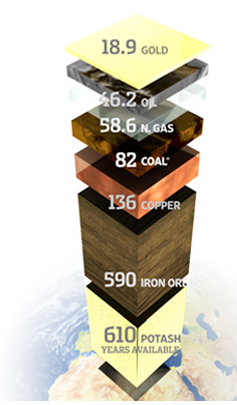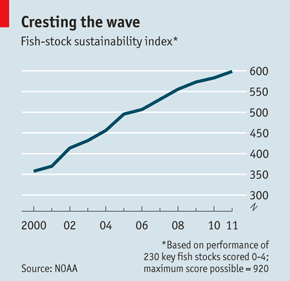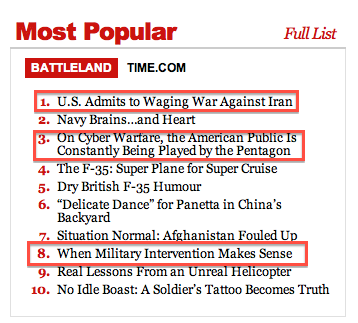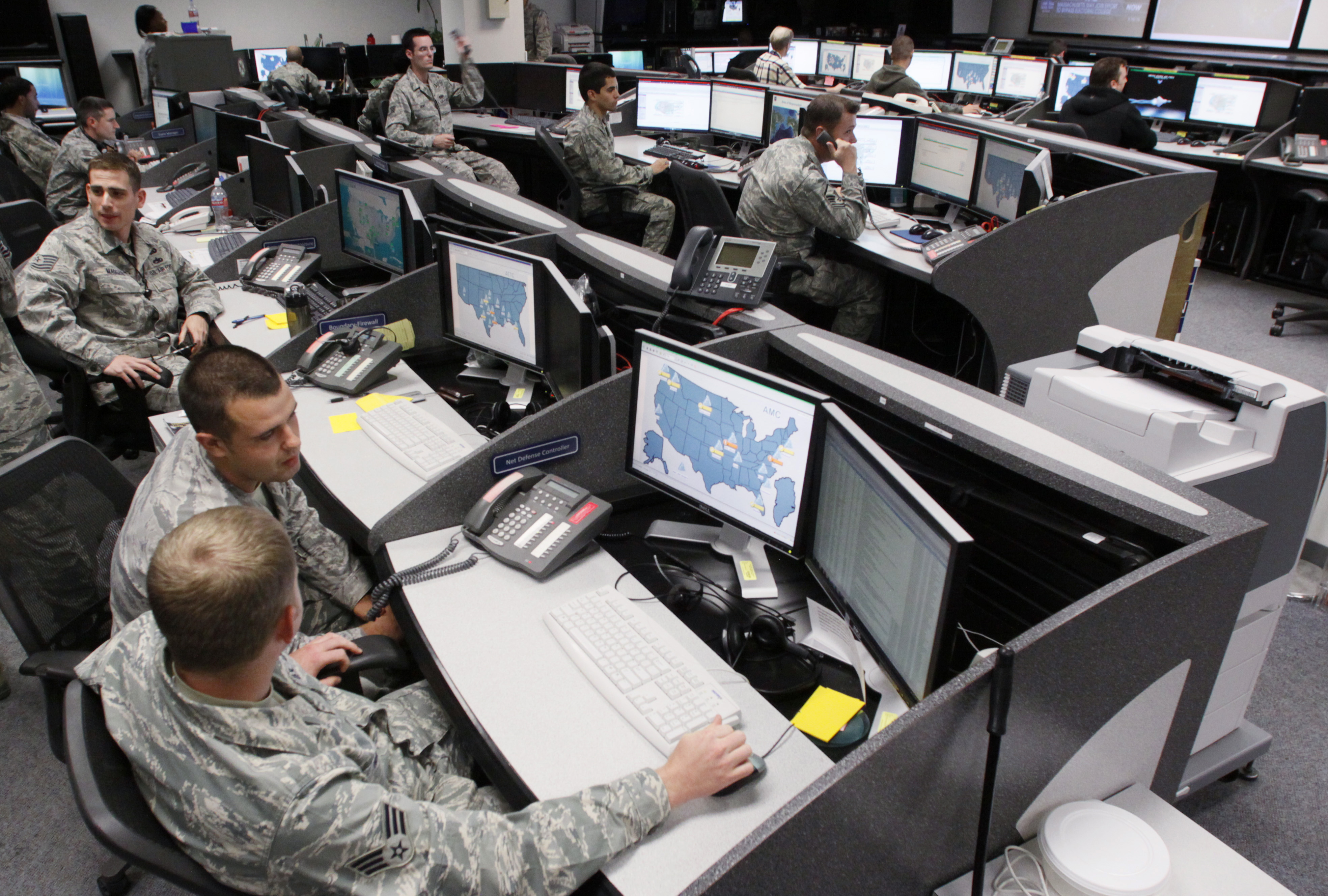 Interesting FT half-pager a bit back on how Beijing's plans for carbon trading are "attracting interest from around the world." Especially interesting to me because back when I did the NewRuleSets work with Cantor Fitzgerald and that company had just started its carbon trading subsidiary, they were very interested in using our environmental "economic security exercise" to start influencing Chinese thinking on the subject (alas, the Chinese reps were denied visas because this was the EP-3 "spy plane" timing in the summer of 2001).
Interesting FT half-pager a bit back on how Beijing's plans for carbon trading are "attracting interest from around the world." Especially interesting to me because back when I did the NewRuleSets work with Cantor Fitzgerald and that company had just started its carbon trading subsidiary, they were very interested in using our environmental "economic security exercise" to start influencing Chinese thinking on the subject (alas, the Chinese reps were denied visas because this was the EP-3 "spy plane" timing in the summer of 2001).
Anyway, here we are, years later, and the Chinese may well revive an industry that's been faltering in the West.
I will admit, I haven't studied things enough here to understand why the carbon cap-and-trade mechanisms haven't worked the same magic as the NoX and SoX versions that Bush the Elder passed. Actually, I think I used to know why there was a difference and I just have forgotten it.
The point of the piece: despite the sluggishness of the carbon markets in the West, there is now great hope that a Chinese success in this realm could revive things globally. China is indeed aiming for a national model that begins with pilot projects in seven major cities. Word is China will be shooting for much lower targets than even California.
The downside, of course, is, if it doesn't work in China - biggest CO2 emitter in the world, then who cares about side efforts in Australia, South Korea, California and Quebec (recent adoptees)? The biggest market sits in Europe, and its success has been so-so.
And that alone is what attracted my attention back in 2001 and today: the notion that something so profoundly global hinges on a good effort from China. But this is the world we helped created and it's most definitely the world we will live with going forward.
This is the part that I don't think the US national security establishment has a clue about - still. We are engaged in this "strategic pivot" that claims bigger fish are to be fried in East Asia than in Southwest Asia/Middle East. I think this is a terribly misguided reading of history and globalization. Globalization has "won" in East Asia, and now we're ironing out the details - to include China's inevitable democratization (along Chinese lines, mais oui). But in the Middle East, North Africa, and Southwest Asia, the globalization struggle is in high gear.
So, in my opinion, the bigger-fish-to-fry argument is all wrong. Yes, we have bigger fish to fry in East Asia - it just ain't about warfare, despite the vigorous (and patently backward) efforts of players on all sides to keep that the primary issue.
But don't kid yourself: the great "strategic pivot" to East Asia is more about the Pentagon finding a budgetary floor than about genuine requirements (easily met through arms exports and a certain enduring presence). It is a Beltway snowjob of glorious dimensions - the kind of thing the Boomers are geniuses at pursuing and promoting.
 Thursday, June 7, 2012 at 12:00PM
Thursday, June 7, 2012 at 12:00PM 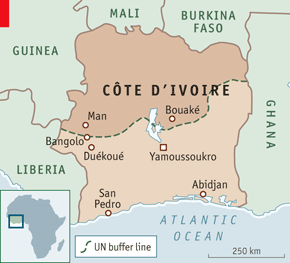 From the Economist.
From the Economist.








